Quality Control and Certification Requirements for Beauty Procurement
With the acceleration of globalization, the cross-border e-commerce industry is increasingly prosperous. Beauty products, as a part of it, are also showing a vigorous development trend. However, cross-border beauty procurement involves multiple steps, of which quality control and certification requirements are particularly critical. This article aims to discuss the quality control and certification requirements of cross-border beauty procurement, and provide valuable reference for buyers.
1. How to Control the Quality
(1) Select Suppliers Strictly
In cross-border beauty procurement, choosing quality suppliers is the first step to ensure the quality of products. We need to have an in-depth understanding of suppliers, including their reputation, product quality and other aspects. Specifically, the reputation and service quality of suppliers can be understood by consulting their historical transaction records, customer reviews and word-of-mouth in the industry. At the same time, it is also necessary to examine suppliers’ supply capacity to ensure that they can provide stable, high-quality products and have the ability to respond to market changes.
(2) Monitor the Procurement Process Fully
In the procurement process, we need to monitor the purchase and transportation process strictly. First of all, it is necessary to ensure that the supplier can provide the corresponding product documentation and test report. Secondly, it is also essential to keep close communication with the supplier, which helps us to know the transportation schedule and possible problems of the product in time, and to ensure that the supplier can perform in accordance with the contract requirements.
(3) Conduct Product Inspection Strictly
After receiving the products, we need to carry out comprehensive inspection and testing to ensure that the beauty product meets the requirements. For example, we can check whether the packaging of the product is intact, whether the label is clear, and whether the color is uniform. In addition, the safety of the product can also be tested, such as skin irritation, allergies, etc. For the unqualified products, we need to communicate with the supplier in a timely manner and ask the supplier to provide corresponding solutions and compensation measures.
2. The Necessity of Cross-Border Beauty Certification
When beauty products from overseas enter different countries and regions, they need to comply with local regulations and standards. Therefore, obtaining the relevant certification is the key to ensuring the entry of products into the market and improving consumer confidence. Common cross-border beauty certifications include:
(1) FDA Certification (U.S. Food and Drug Administration)
The core of the certification is to ensure the safety and effectiveness of cosmetic products, thereby protecting the health and rights of consumers. In order to meet FDA certification requirements, applicants must provide detailed product information, including but not limited to the product's complete formulation, manufacturing process, and a comprehensive safety assessment report. This information is subject to rigorous review by the FDA to ensure that the applied cosmetic meets the safety and quality standards of the U.S. market.
(2) European Union Cosmetics Regulation (EUCR)
The European Union has developed and implemented a strict regulatory system for imported cosmetics, namely the European Union Cosmetic Regulation. The regulation covers several key aspects, such as product composition, labeling, and safety assessment. In addition, the E.U. also implements a blacklist system for cosmetic raw materials, prohibiting the use of certain raw materials that may cause harm to human health, aimed at ensuring that all cosmetics sold in the E.U. market meet high standards of safety and quality requirements.
(3) China Cosmetic Supervision and Administration Regulation
China implements a record management system for imported cosmetics, requiring importers to submit records to the National Medical Products Administration (NMPA) before the products enter the Chinese market. Record information includes product formula, production process, safety assessment, importer qualification, etc. Through this strict filing management system, this regulation protects the quality and safety of imported cosmetics effectively, so as to provide consumers with more assured and reliable products.
Quality control and certification requirements for cross-border beauty purchases are important to ensure product quality and enhance consumer confidence. Buyers should fully understand the regulations and standards of the target market, and apply for relevant certifications actively. In this way, we can enhance the competitiveness of products and lay a solid foundation for developing enterprises in the field of cross-border e-commerce.
Hoyip maintains close cooperation with Korean duty-free shops and Korean department stores to ensure that we can provide our customers with high-quality goods. If you are looking for premium and professional cosmetics, skincare and perfume wholesalers, Hoyip will be your first choice. Please contact us to inquire about details of the products you need! We will be dedicated to providing you with professional consulting and services!



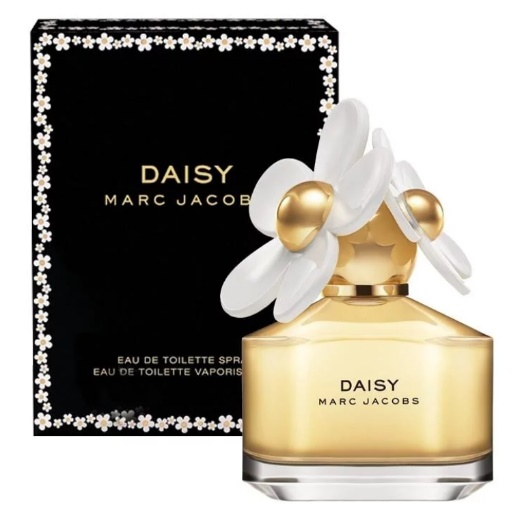
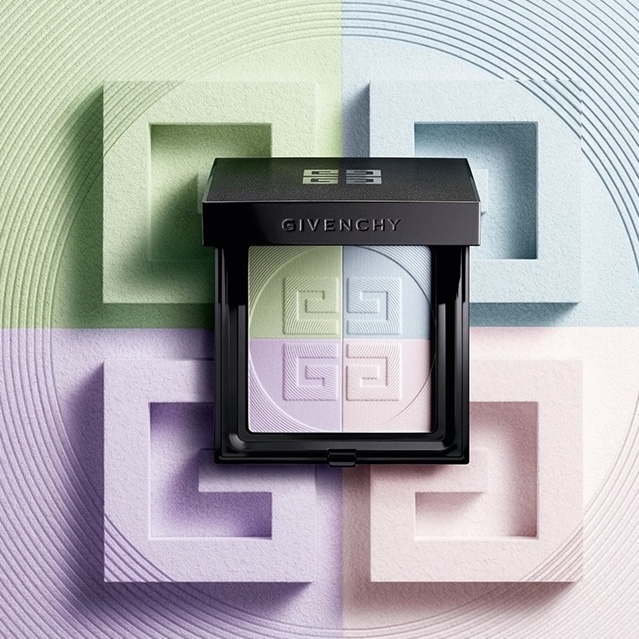

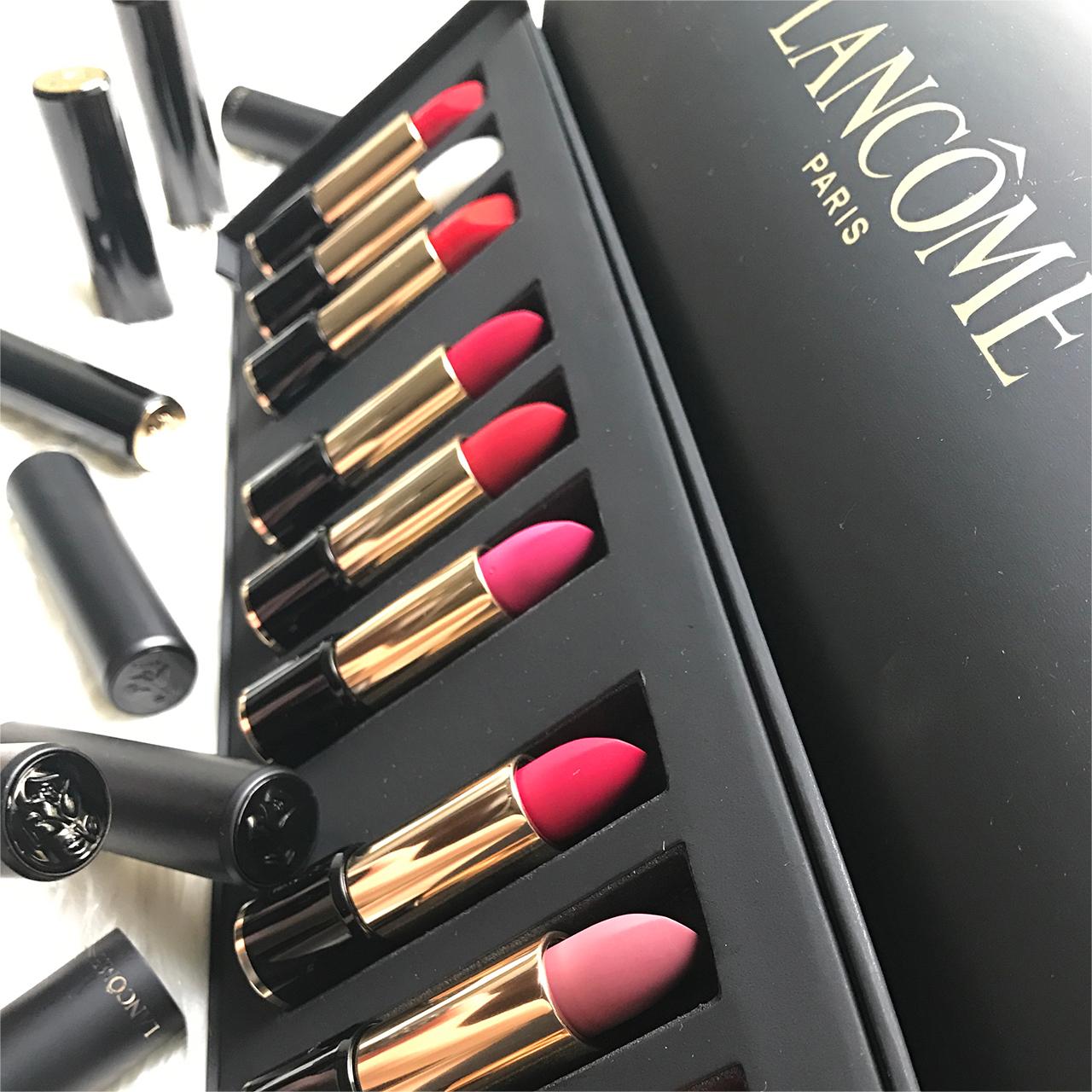

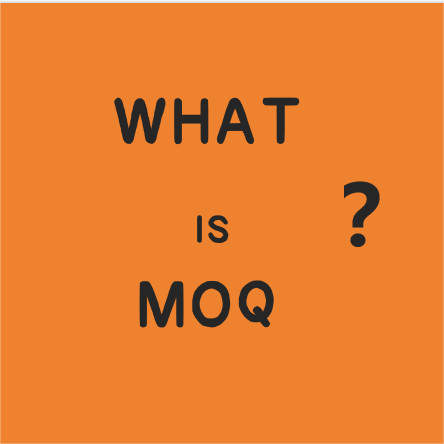
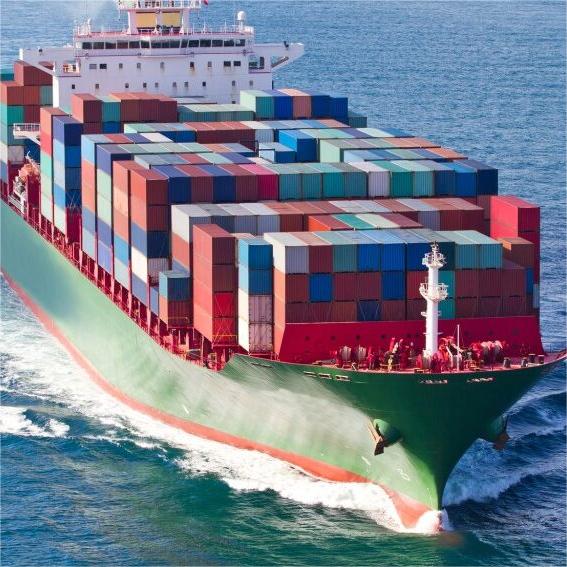




 WhatsApp
WhatsApp Wechat
Wechat